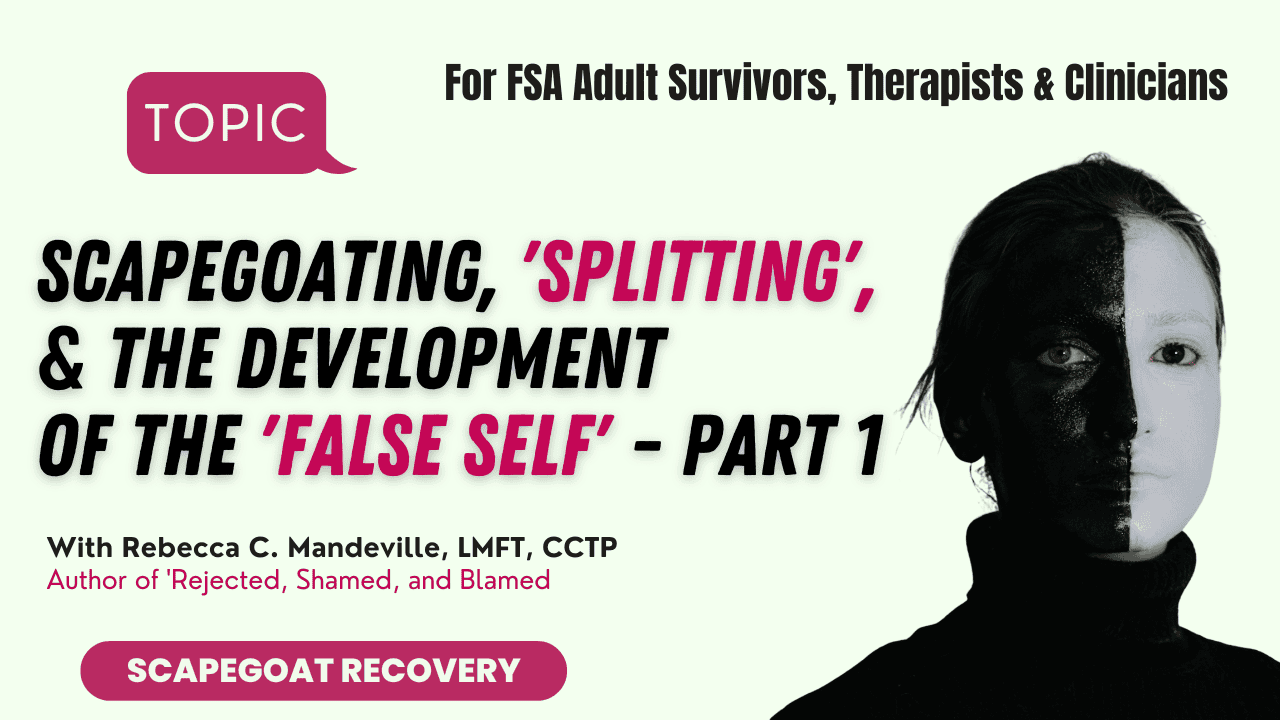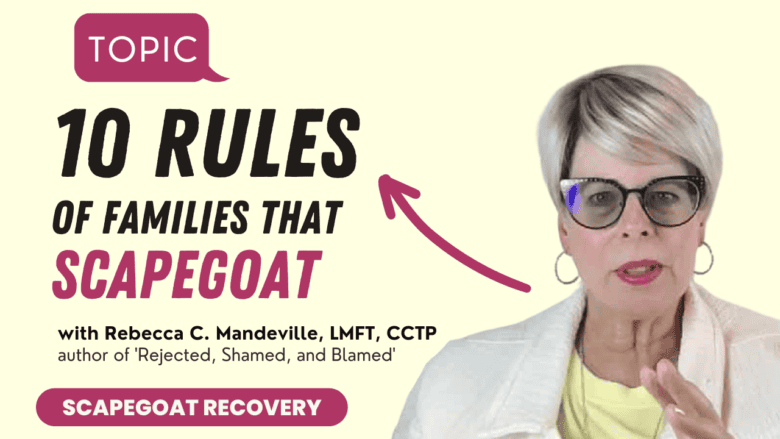FSA and Family Mobbing: Dynamics, Impact, and Coping Strategies
Family, typically regarded as a sanctuary of love and support, can sometimes harbor complex dynamics that lead to unexpected forms of conflict and distress, as well as covert or overt forms of individual and/or systemic abuse. One such phenomenon that qualifies as systemic abuse is family mobbing, a term often associated with workplace bullying but equally applicable within familial settings, particularly as related to the phenomenon I named family scapegoating abuse (FSA)…



